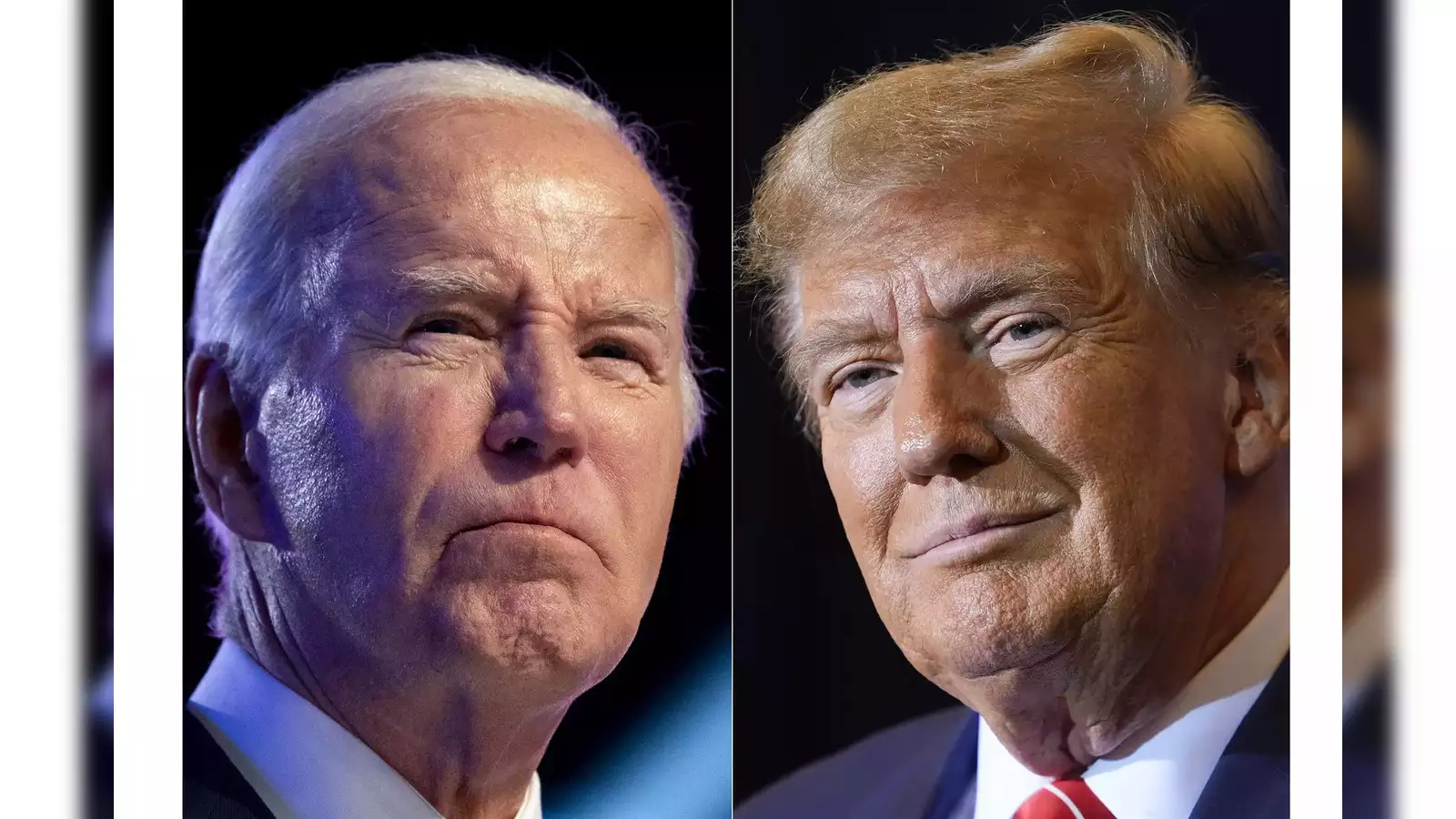With Nikki Haley’s exit from the Republican nomination race, the stage is now set for a familiar showdown in the 2024 U.S. presidential election: President Joe Biden versus former President Donald Trump. The return to this well-known contest underscores the dominance of these two figures in their respective parties, amidst a political landscape defined by partisan polarization.
While Haley represented hopes for some within the Republican mainstream, Trump’s nativist-populist style resonated strongly with primary voters, reflecting a preference for his unfinished agenda of “Making America Great Again.” On the Democratic side, concerns persist over Biden’s ability, at 81 years old, to endure the demands of office, exacerbating anxieties among party loyalists about succession planning.
As polls indicate Trump’s lead over Biden, the ultimate outcome hinges on factors such as voter turnout, swing state dynamics, and the ramifications of ongoing legal battles against Trump. The absence of alternative leadership in both parties underscores the enduring gridlock in American politics, highlighting the need for a new vision to transcend partisan divides and address pressing national interests.
As the nation approaches the next election cycle, there is a growing imperative for alternative voices within both parties to articulate a fresh vision that aligns with the evolving landscape of national and global politics. The quest for leadership that embodies the essence of the American Dream remains paramount, signaling a potential shift away from entrenched partisan politics towards a more inclusive and visionary approach to governance.






